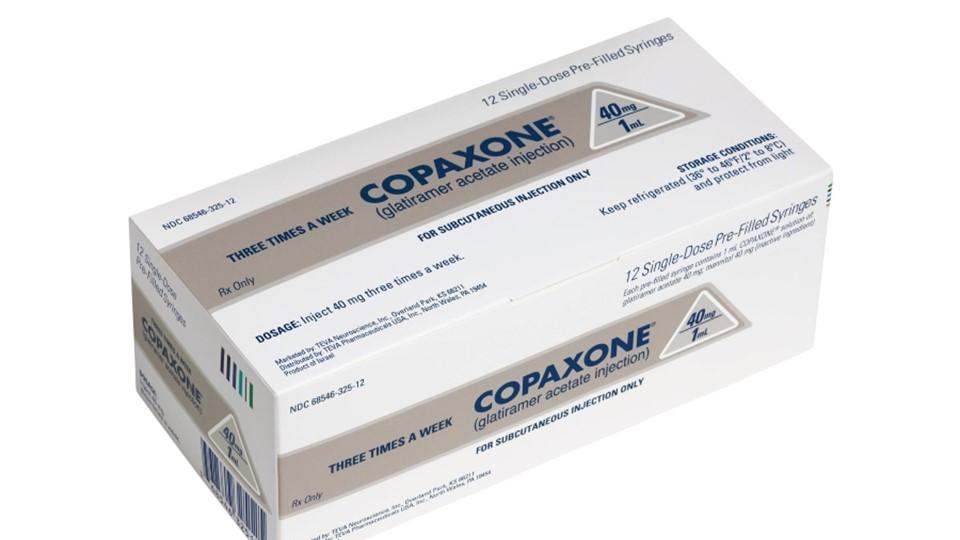Medicare plans accuse Teva of covering copays for patients

A class action suit has been filed in the US against Teva, claiming that the company illegally subsidised the copays for patients prescribed its multiple sclerosis therapy Copaxone to boost its sales.
The suit filed on behalf of Medicare Advantage coverage providers accuses the company of "funnelling hundreds of millions of dollars" to Copaxone (glatiramer acetate) patients through third-party foundations and companies.
According to the complaint, Teva ran the scheme through specialty pharmacy Advanced Care Scripts (ACS) with the help of the two foundations – The Assistance Fund (TAF) and Chronic Disease Fund (CDF) – and another company called AssistRx.
It claims that for the drugmaker "CDF and TAF functioned not as charities for MS patients, but as pass-through vehicles for Teva giving money to Copaxone patients," adding: "Teva ensured Copaxone revenue would continue to increase by regularly paying CDF and TAF what was needed to subsidise Medicare co-pays."
Copaxone was a mainstay of Teva's product portfolio, which the Israel-based pharma fought hard to protect, including releasing a long-acting version to counter cheaper copycat drugs after its original patent protections expired.
It was a $4 billion-a-year blockbuster at its peak in 2014, but has since diminished dramatically, with sales of $111 million in the first half of this year. The period covered by the lawsuit dates back to 2006 through to the present.
The latest lawsuit comes after Teva has been taken to task for other strategies used to defend Copaxone. For example, in 2022 the European Commission sent a "statement of objections" to Teva, saying it had uncovered evidence that the company had breached antitrust rules by blocking the launch of generic versions of the drug.
Meanwhile, in the US another class action suit filed on behalf of direct purchasers of Copaxone is also claiming that it unlawfully suppressed competition by entering into exclusionary contracts with pharmacy benefits managers (PBMs) and specialty pharmacies that barred generic Copaxone.
The Medicare providers' lawsuit claims that the scheme "circumvented the congressional design of the Part D system, which requires drug copays by Medicare beneficiaries, in part, to act as a market constraint against increasing prices."
It continues: "By insulating patients from their Medicare cost-sharing obligations, Teva was free to, and did, raise Copaxone prices to exorbitant levels," pointing to 27 hikes between the launch of the drug in 1997 and 2017 that raised the list price by 825%, around 20 times the rate of inflation.
The plaintiffs filed the action (No. 2:24-cv-02366) in the US Director Court for the District of Kansas on 16th August and are seeking a jury trial. Teva has been approached for comment.












